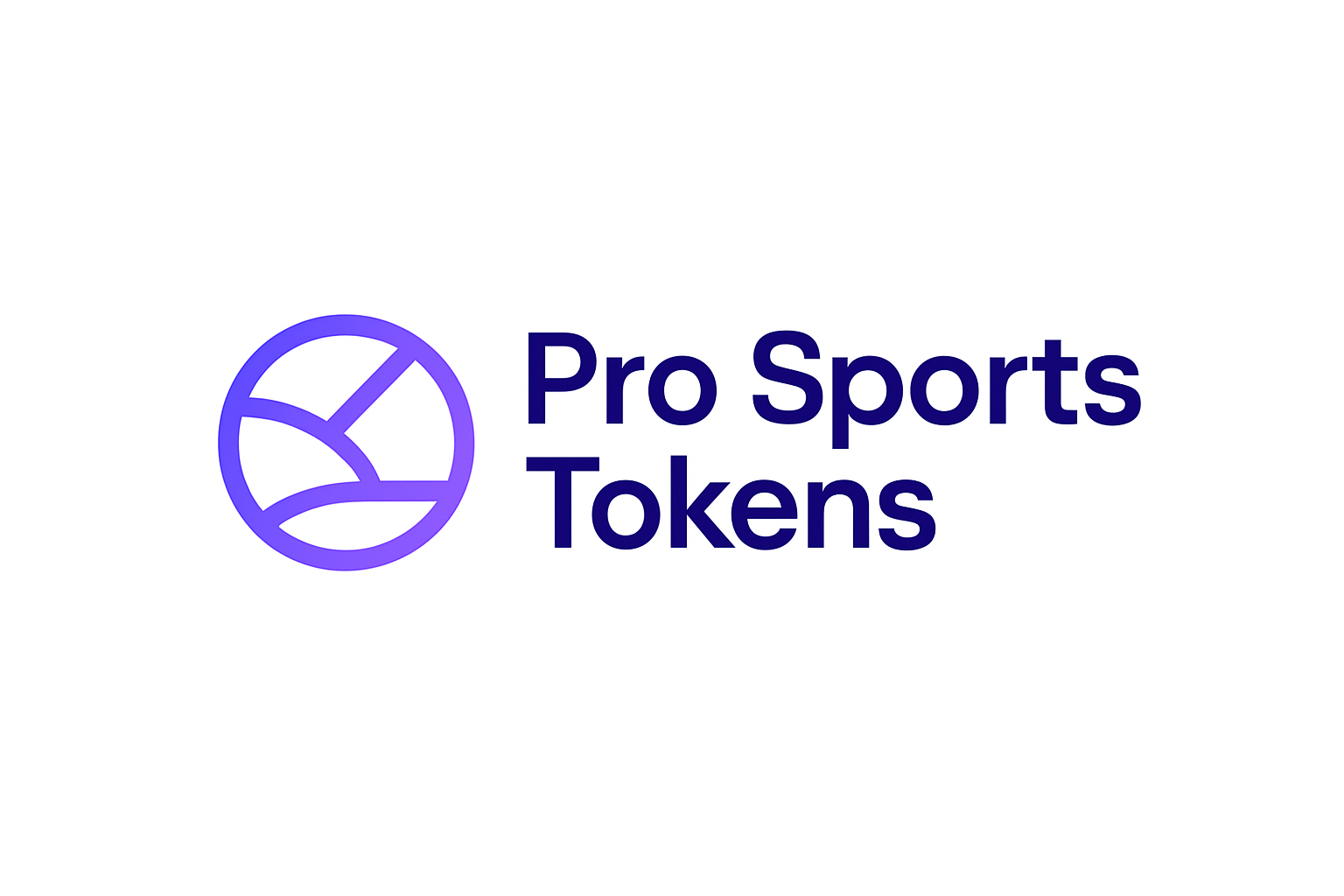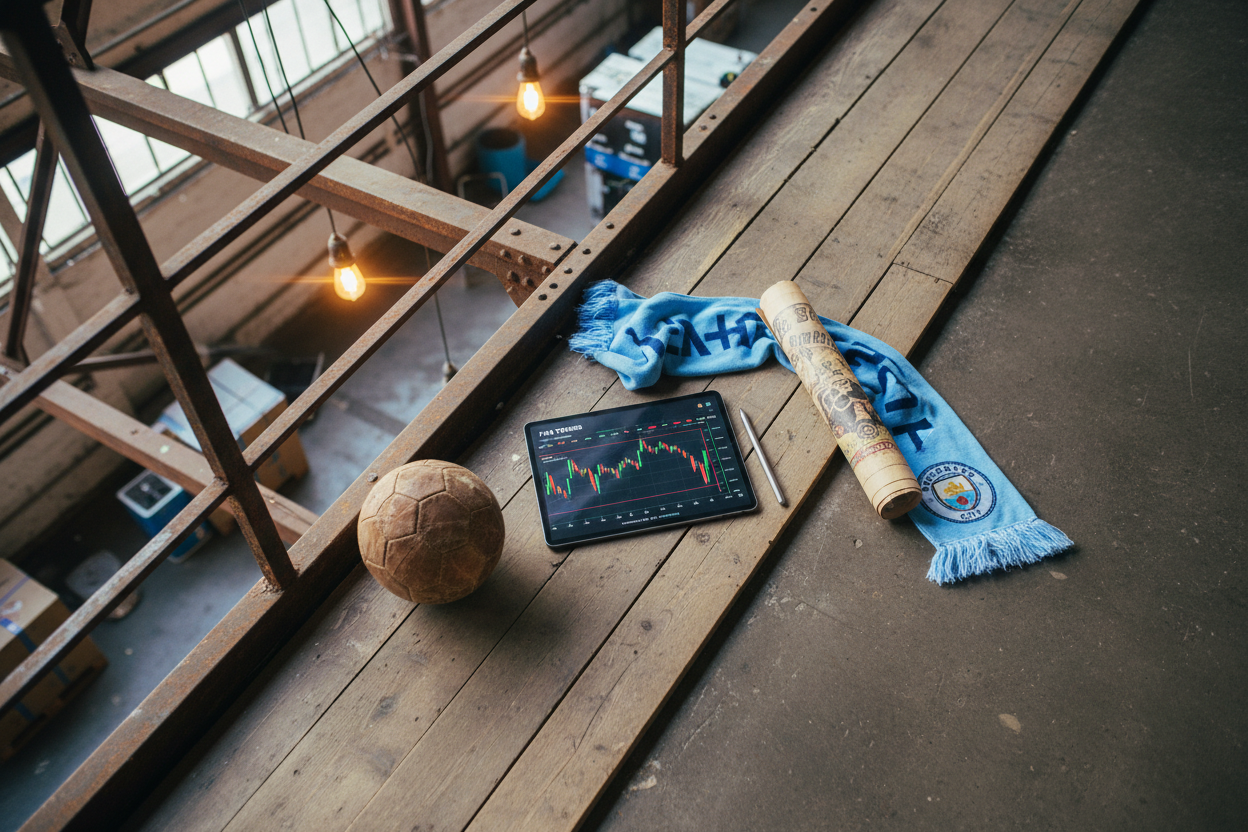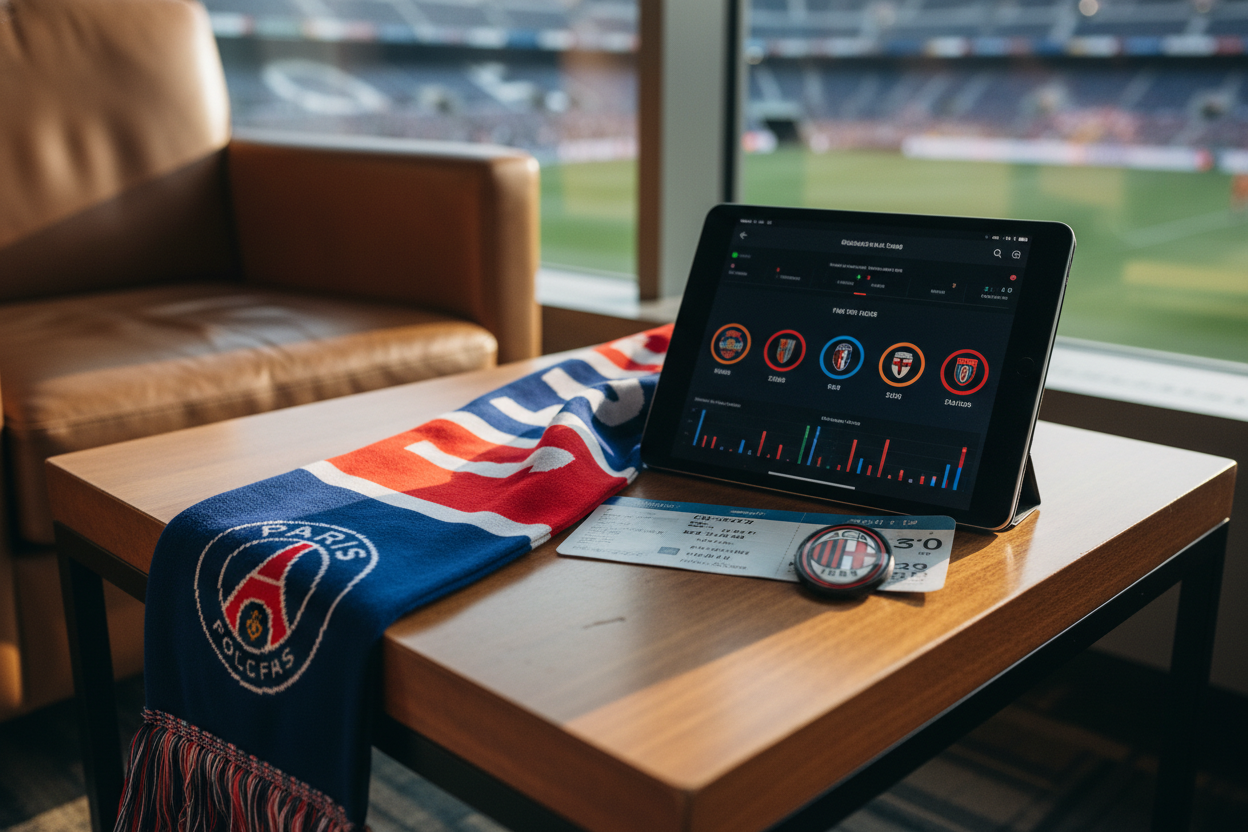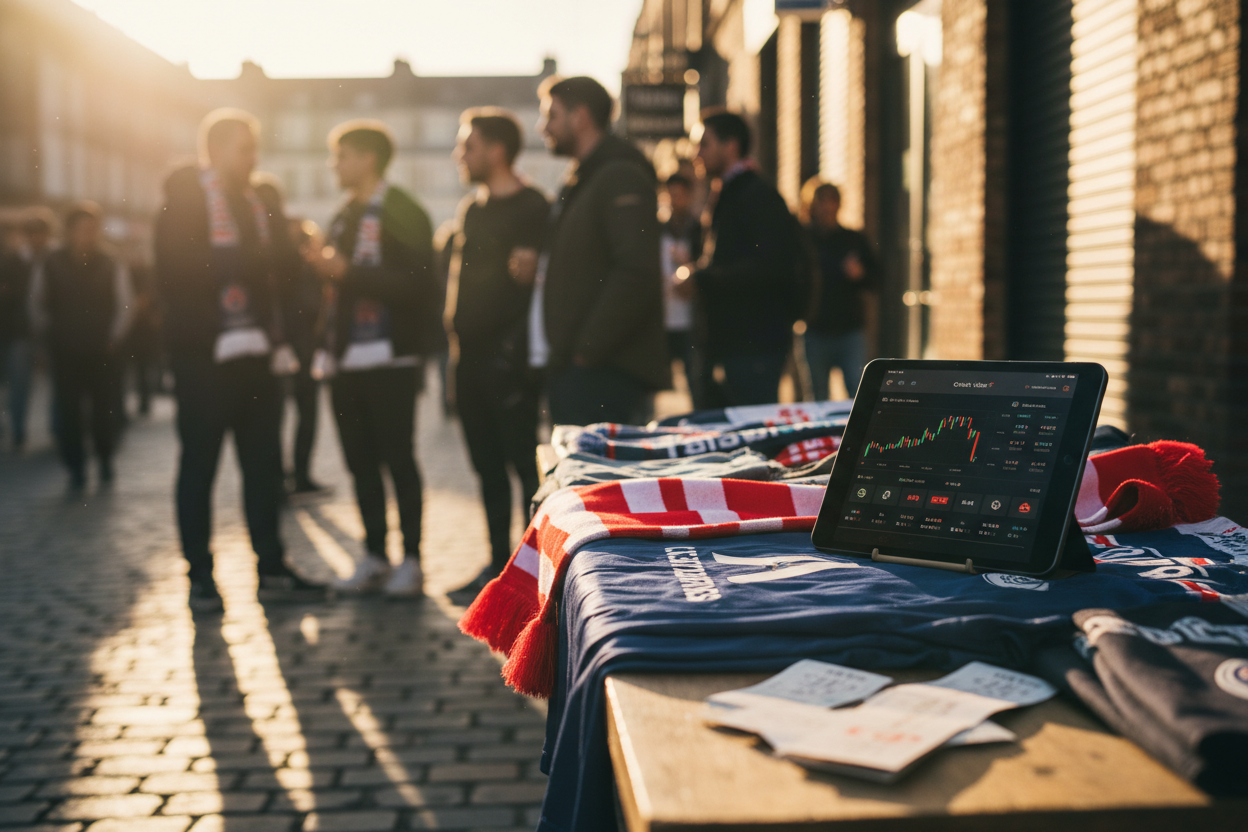
Football in 2025 looks radically different from just a few years ago, and the reason is simple: fan tokens have rewritten the script for how clubs and supporters interact. What began as an experiment in digital collectibles has matured into a powerful engine for both community engagement and club economics. Today, blockchain-driven fan tokens are not just speculative assets, they’re the connective tissue between global fans and their favorite teams, giving supporters a real voice in club affairs while opening up new revenue streams for football’s biggest brands.

Global Communities, Local Impact
The rise of sports team tokens has transformed football fandom from local supporter groups into sprawling Web3 communities. Fans from São Paulo to Seoul can now participate in club decisions, vote on matchday experiences, and even influence kit designs, no matter where they live. Major clubs like Paris Saint-Germain and Juventus have already embraced this participatory model; their supporters have helped select everything from team slogans to charity initiatives via token-based polls. The result? A sense of ownership that transcends geography, creating a shared identity among fans worldwide.
This isn’t just theory, it’s happening right now. In 2024 alone, the average market capitalization of fan tokens reached €260 million, with daily trading volumes surpassing €150 million. These figures underscore both the passion of global fanbases and the growing economic significance of tokenized engagement strategies.
The New Economics of Football: Revenue Streams Reimagined
Football clubs have always relied on ticket sales, sponsorships, and broadcast rights, but blockchain football clubs are now leveraging fan tokens to unlock entirely new monetization channels. By offering exclusive digital assets, like limited-edition NFTs or behind-the-scenes content, clubs attract crypto-savvy supporters who are eager to invest in their fandom. This isn’t just about digital bragging rights; it’s about real utility and access. Holders can win VIP experiences, influence club policy through voting rights, or trade their tokens on secondary markets for potential profit.
The impact is tangible: innovative partnerships between clubs and blockchain platforms are proliferating across Europe and beyond. For example, Queens Park Rangers’ recent collaboration with TokenFi for the 2025,2026 EFL Championship season represents a pioneering move, integrating blockchain branding on training kits while launching digital activations that deepen ties with global supporters.
Towards Democratized Club Ownership
The most radical shift? Tokenized club ownership. Platforms like DealMaker enable ordinary fans, not just billionaire investors, to become stakeholders in their beloved teams. Through regulated campaigns, supporters can purchase shares or special governance tokens that give them a say (and sometimes a stake) in financial decisions affecting the club’s future. This emerging model echoes the community-owned spirit seen at legendary institutions like the Green Bay Packers but turbocharged by blockchain transparency and accessibility.
This democratization is more than symbolic; it signals a profound change in how power is distributed within football. When ownership is shared across thousands, or even millions, of passionate backers, decision-making becomes more accountable to those who live and breathe every matchday moment.
Digital assets are now at the heart of this revolution. The integration of NFTs and digital collectibles into fan token ecosystems has given supporters a new way to express loyalty and participate in club culture. Premier League giants like Chelsea have partnered with platforms such as Socios. com to launch NFT collections that grant fans ownership of exclusive memorabilia, goal highlights, and digital artwork. These aren’t just static images, they’re dynamic, utility-driven assets that confer real voting rights on initiatives ranging from kit design to charity sponsorships.
For clubs, the implications are enormous. Not only do NFTs and fan tokens provide fresh revenue streams, but they also create a feedback loop of engagement. The more involved fans feel, the more likely they are to invest further, whether that means buying additional tokens, participating in club polls, or attending virtual meet-and-greets powered by blockchain authentication.
Fan-Led Decision Making: Power to the People
What makes fan engagement crypto so compelling is its ability to turn passive supporters into active participants. Clubs now routinely put key decisions, like choosing pre-match anthems or selecting which legends should be honored at halftime, to token-holder votes. This approach isn’t just about optics; it delivers measurable value in terms of fan satisfaction and loyalty.
The proliferation of these mechanisms has led to a new era where club policies reflect the collective will of their most invested backers. As one recent survey showed, over 70% of token holders reported feeling more connected to their clubs after participating in governance polls, a clear sign that this technology is bridging gaps between fans and management.
What’s Next for Football Fan Tokens in 2025?
The trajectory for football fan tokens 2025 points toward even deeper integration between clubs and their global communities. Expect further innovation as clubs experiment with augmented reality matchday experiences, blockchain-based ticketing systems, and even cross-club collaborations where token holders from different teams can interact or compete in digital events.
The economic side is equally promising. With market capitalization for fan tokens standing at €260 million and daily trading volumes above €150 million, clubs are incentivized to keep evolving their offerings. We’re already seeing advanced features like dynamic pricing for match tickets based on token holdings or loyalty tiers determined by on-chain activity.
If you want a deep dive into how these developments are transforming matchday experiences at top European football clubs, check out our coverage here: How Fan Tokens Are Transforming Matchday Experiences at Top European Football Clubs.
Challenges Ahead, and Why Optimism Prevails
No transformation comes without hurdles. Regulatory clarity remains a moving target in many jurisdictions, while some traditionalists question whether financializing fandom could alienate core supporters. However, the evidence so far suggests that when implemented with transparency and real utility, fan tokens enhance rather than erode the supporter experience.
The key? Ensuring that these digital assets remain accessible, not just speculative investments for whales but tools for every supporter who wants a stake in their club’s journey. As we look ahead to 2026 and beyond, expect ongoing dialogue between clubs, fans, regulators, and blockchain innovators to shape best practices for this vibrant new ecosystem.
The bottom line: football’s future belongs to those who embrace change without losing sight of what makes the game beautiful, a shared passion among millions who finally have both a voice and a vote in shaping their team’s destiny.






